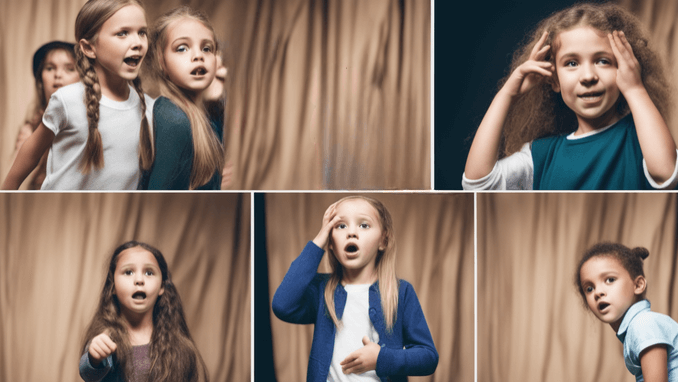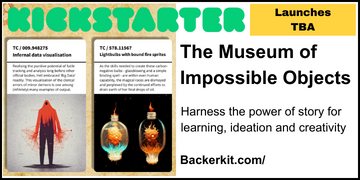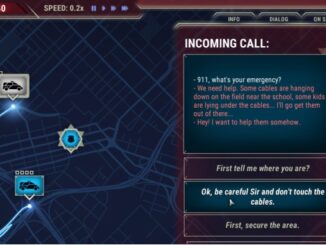
When talking about role-play-based education, it is important to note that the term does not refer to any specific educational method, trend, or school. It comprises a general category that includes all of these – all possible pedagogical activities that include role-playing.
Since this umbrella category is defined not in terms of goals (e.g. special education) or subject (e.g. STEM education), but in terms of a tool, it includes several already recognized or emerging forms. Some of the main types, without being exhaustive, are:
- Simulations (including military exercises, mock trials, business or medical simulations, etc.)
- Dramatic methods originating from Jacob L. Moreno (in particular: sociodrama, bibliodrama, playback theatre)
- Applied drama/theater methods (e.g. Drama in Education, process drama, improv-based education, Rainbow of Desire, Rollenspielpädagogik, etc.)
- Various role-playing exercises in corporate training
- Various initiatives arising from hobby/leisure games (e.g. edularp, educational tabletop role-playing, some serious games, some gamified classroom, etc.)
The Rainbow of Desire by Auguste Boal is available on Amazon
The pedagogical benefits of role-playing can be summarised as the following: Role-playing persons are acting and learning as a more open, more persistent, more courageous, and more experimental version of themselves.
Role-playing sensitizes you!
One of the most researched psychological features of role-playing is its sensitizing effect. The phenomenon known as the “role-play effect” in psychology shows that role-playing can lead to a more significant attitude change than simply communicating information. Role-playing leads to a change of perspective: We take on a specific point of view and become more sensitive and empathetic as a result.
Related research has also shown that we are more likely to embrace opposing views if we act them out and then become informed about them than if we do the reverse. This is utilized mostly by placing a role-playing exercise in the middle of a longer learning activity, between the briefing and debriefing phases. Role-playing is an ideal tool for eliminating preconceptions, processing vaguely familiar but complex information, and laying the foundations for further reflection.
Role-play empowers you!
In studying the effect of self-distancing, researchers have found that children are more persistent in repetitive tasks when they think of themselves in the third person E/3 (“Is Matt working hard?”) rather than in the first person (“How am I doing?”), and even more so when they identify themselves with a role model in the third person. In other words, children were found to be more focused and efficient when they approached tasks like “What would Batman do in this situation?” – hence the term “the Batman effect”.
Other researchers have found that forty percent of those who were treated as real pilots and asked to fly a military aircraft simulator experienced vision improvement, while none of those who were asked to pretend to be pilots and act out the task had improved vision. Recent research therefore suggests that immersion in ideal and positive roles can greatly enhance an individual’s performance, in contrast with simple pretend play.
Role-play enriches you!
Role-playing provides a strong alibi for experimentation and to break old patterns. It makes leaving one’s comfort zone easier, as it protects the self from shame. Many role-players feel empowered to behave in radically different ways, by using roles as a kind of mask to conceal that it is they who actually behave differently.
It is worth pointing out that the goal of many role-playing activities is not winning or being successful. As a result, it is optimal to experience tense situations, ethical dilemmas, and despised or seemingly suboptimal strategies without any real disadvantages or repercussions. In role-playing, we are free to theorize about encountered situations and to test our assumptions by trying out new behaviors. Experimentation with roles expands our role repertoire and develops players’ agency, personal versatility, and resilience. Role-playing also provides a method to explore and understand social structures or dynamic systems in the first-person mode, as a personal experience.
This is not to say, of course, that role-playing is a cure-all. Nor does it mean that it is the best education tool – if it were, hopefully, everyone would be using it by now. Some of its long-established educational forms, such as Drama in Education, are proven to be effective in developing several key Lisbon competencies*, while more recent ones, such as the increasingly popular edularp movement, are currently building up evidence on their validity and reliability.
It will be exciting to see what the future brings in this field.
*The Lisbon Competencies are a set of skills and knowledge areas identified as essential for lifelong learning and personal development. They include: communication, information literacy, problem-solving, critical thinking, and self-directed learning. These competencies are intended to help individuals adapt to an increasingly complex and rapidly changing world.
- Role-play-based education - 30th August 2023






Be the first to comment